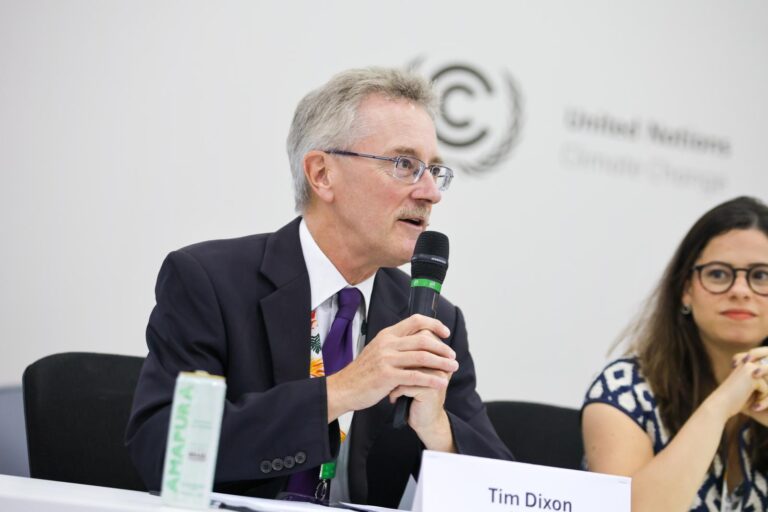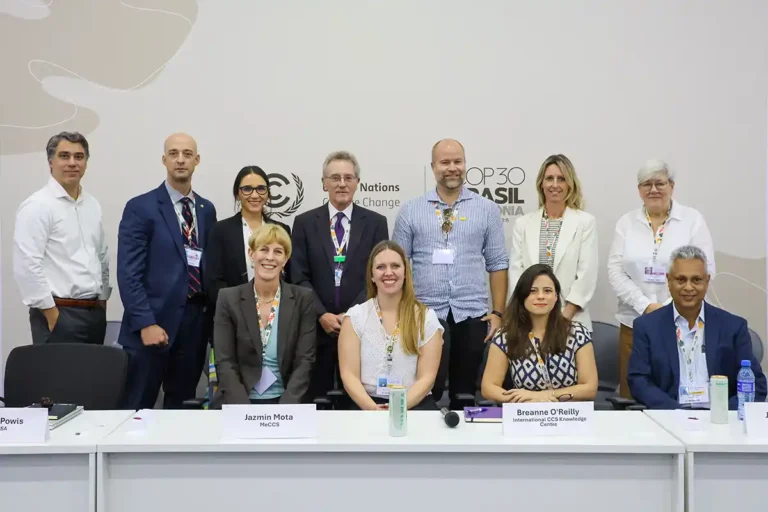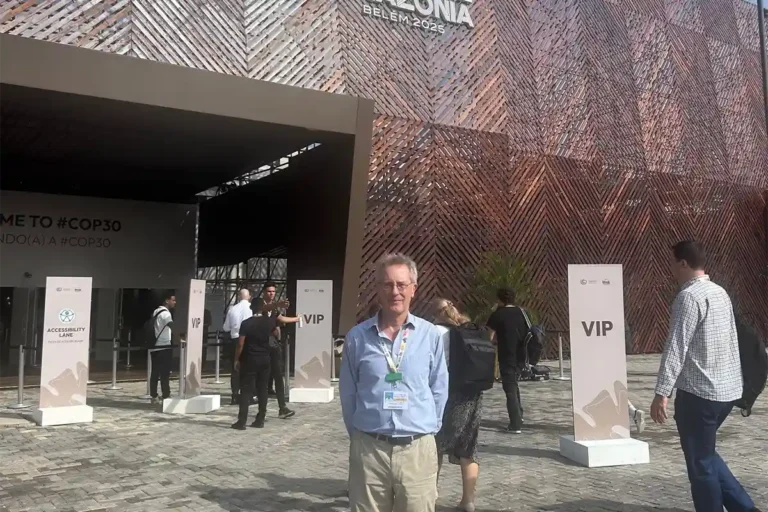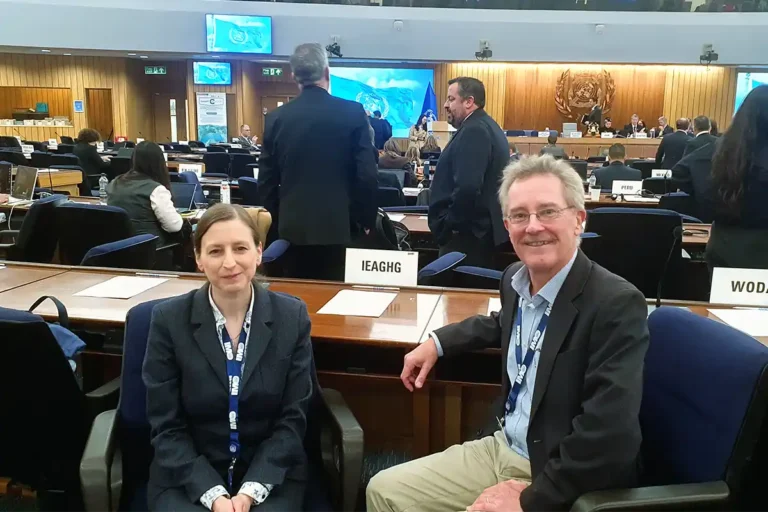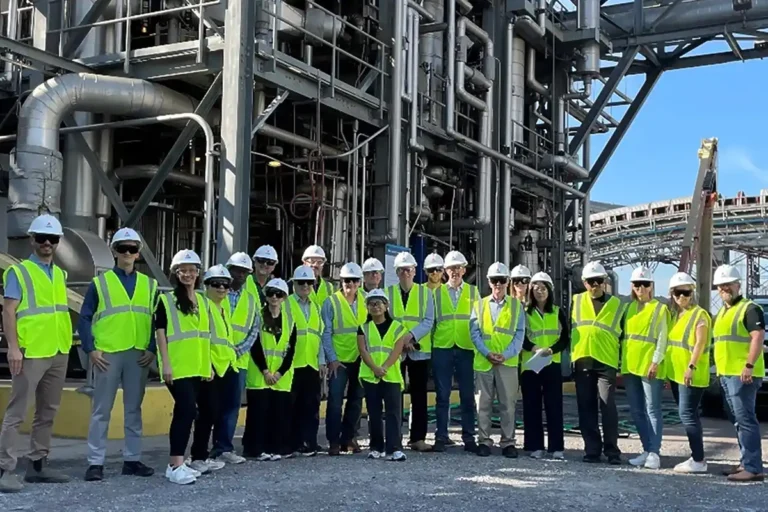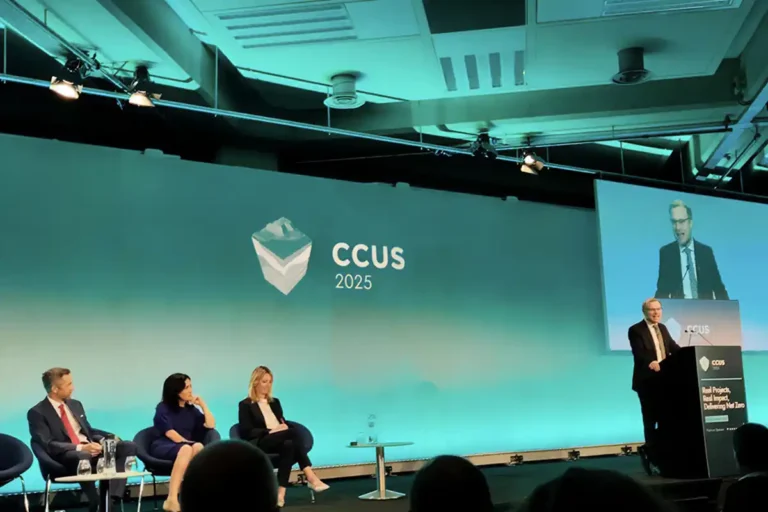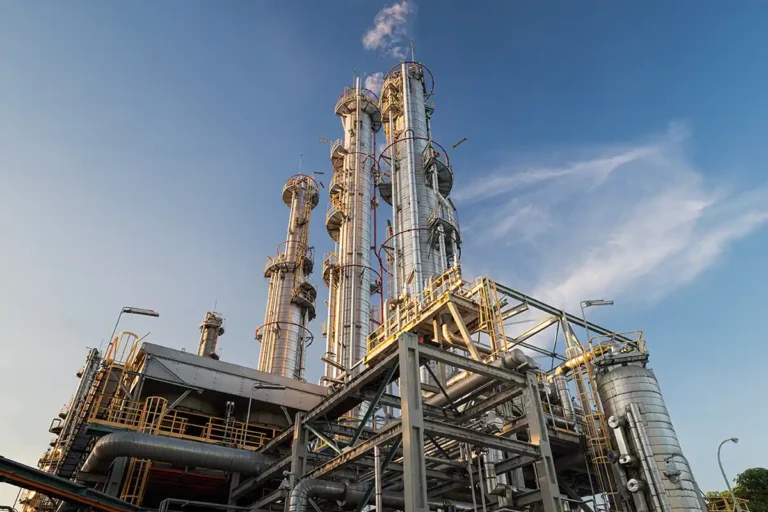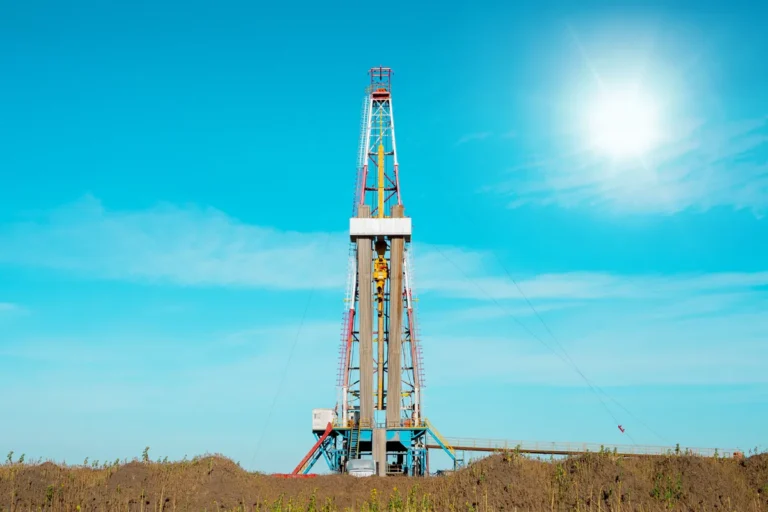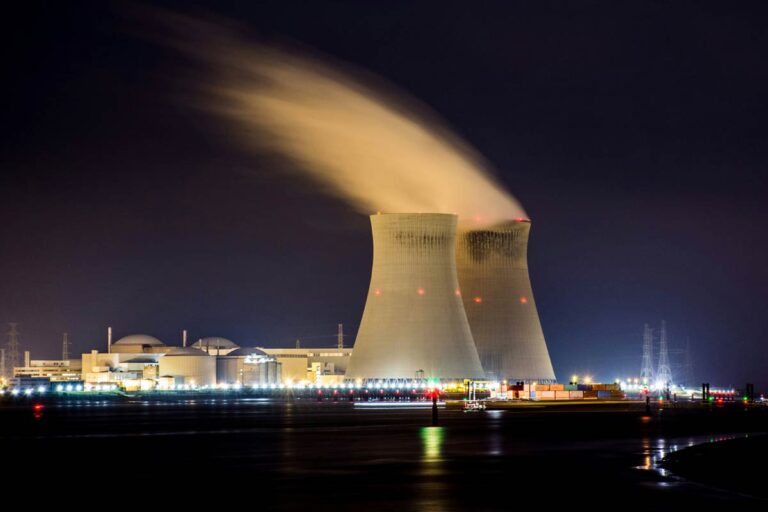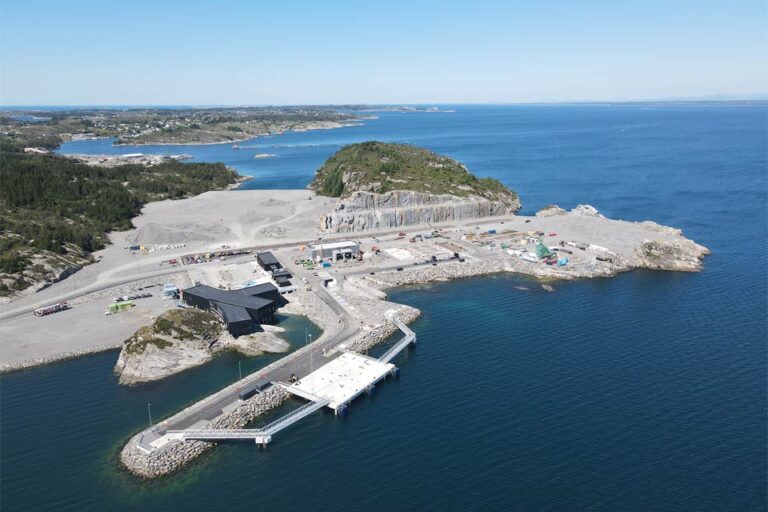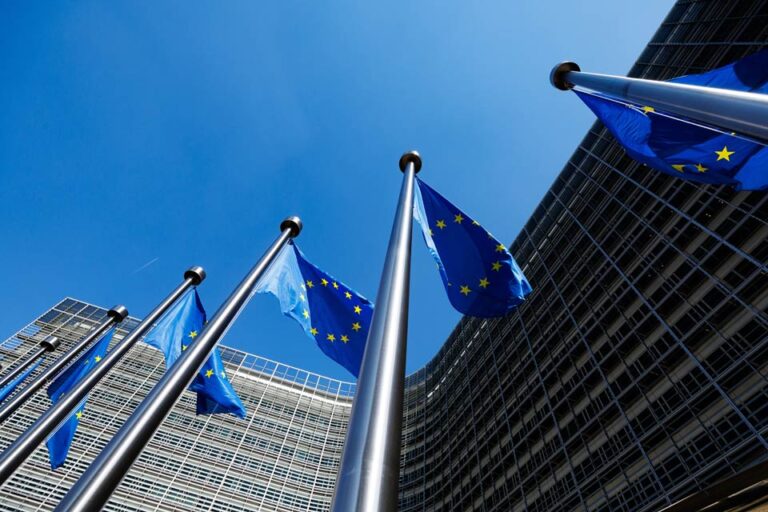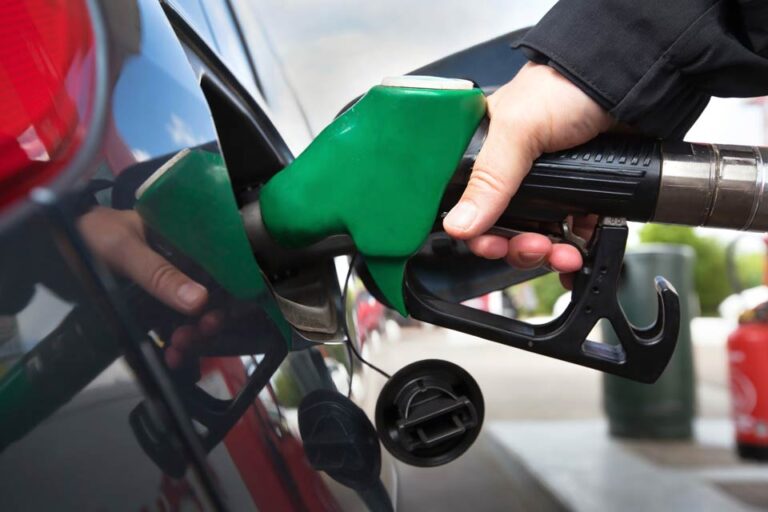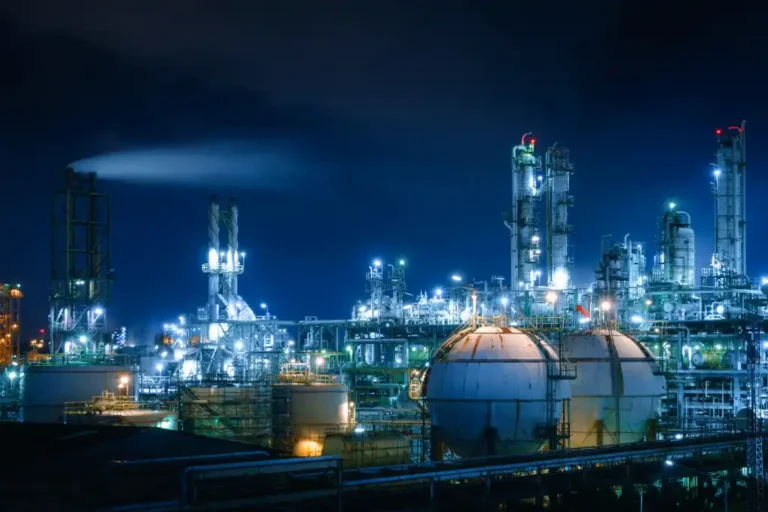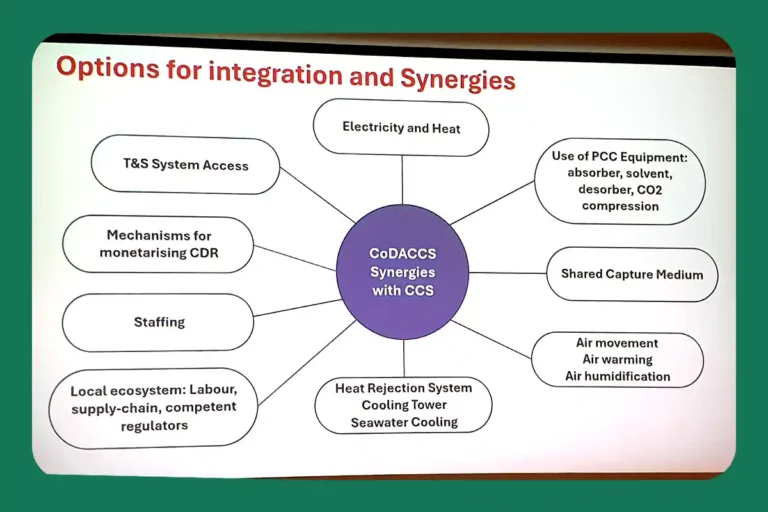
News & Insights
Explore the latest news, get penetrating insights on developments in the CCUS industry and discover the role of carbon capture and storage in a net zero world.
Explore All News & Insights
Latest news & insights
Uncover the latest developments in the CCS industry and explore exciting news from the IEAGHG.
View All News and InsightsLatest insight papers
Go deeper with analysis of the latest developments in the CCUS sector.
View All InsightsWhat is CCS?
Explore the world of Carbon Capture and Storage and discover it’s many uses in a carbon neutral economy.
View All What is CCS?Explore other resources
Discover everything that IEAGHG has to offer, from the latest publications to exciting event.

Publications
Discover our expansive library of leading CCS research covering a wealth of topics. From DACS to BECCS and Carbon Markets to Carbon Capture.
Discover More
Events
We are committed to sharing the latest CCS knowledge worldwide. Learn how you can join our global conferences, expert networks, workshops and webinars.
Experience MoreGet the latest CCS news and insights
Get essential news and updates from the CCS sector and the IEAGHG by email.
Powered by many
Our members are at the centre of everything we do. Together, they shape our research programme ensuring that every report we produce has real-world impact by aligning with their CCS project goals. The IEAGHG’s member organisations span the globe and include nation states, the energy sector, research institutes, and industries. If your organisation is getting involved in CCUS, or has projects well underway – IEAGHG membership will be critical to your success
Discover IEAGHG Membership Our Members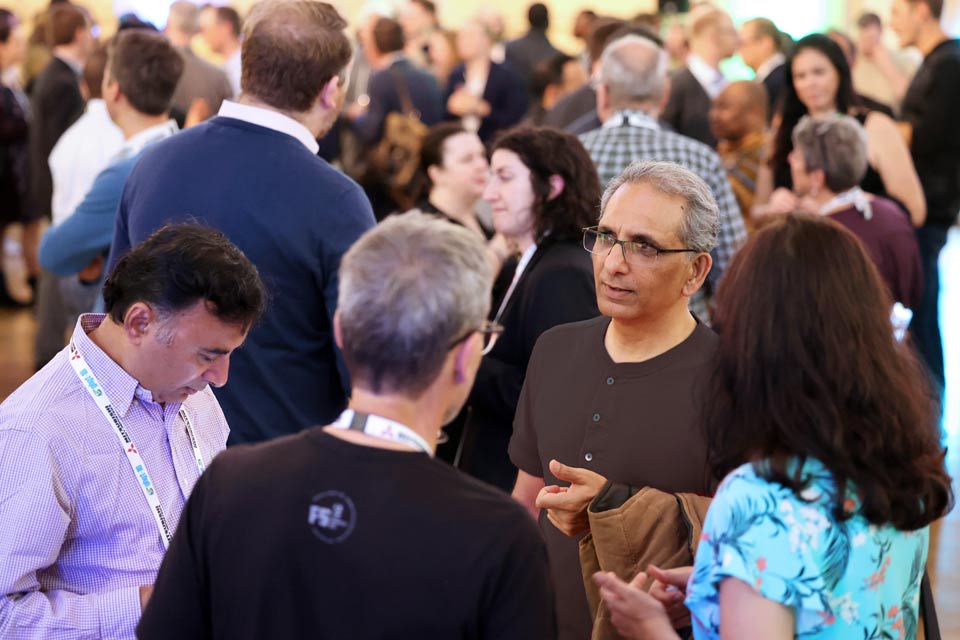
Can’t find what you are looking for?
Whatever you would like to know, our dedicated team of experts is here to help you. Just drop us an email and we will get back to you as soon as we can.
Contact Us Now


